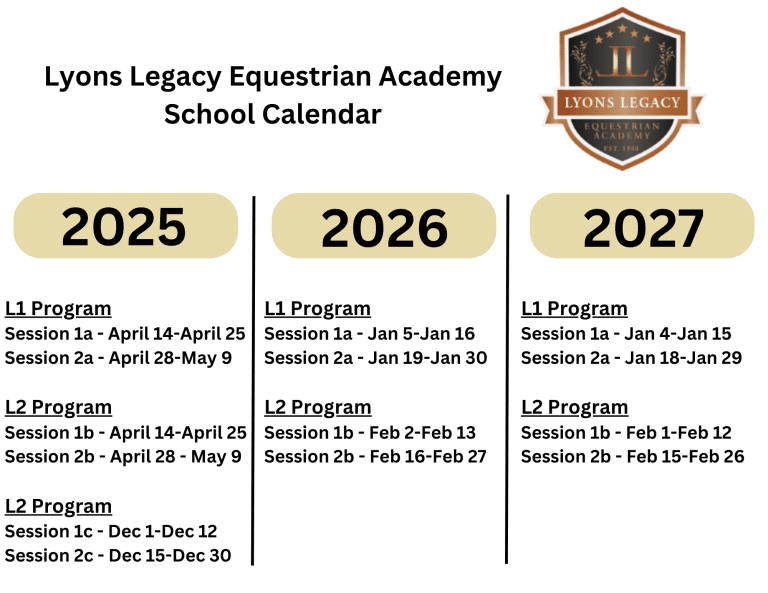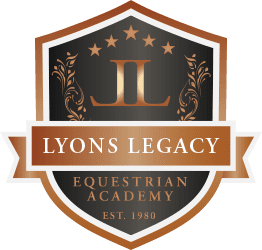L2-Intermediate Professional Horseman Program
PROGRAMS L2-Intermediate Professional Horseman Program
The L2-Intermediate Professional Horseman Program builds on the curriculum of the L1-Core Skills and Fundamentals Horsemanship Program to produce horse trainers with a passion for performance training. This horse training school is structured to specifically target and refine the training techniques needed to go to the show pen or train higher level performance-based riders and clients. This program will take you and your horse at the performance level you are currently at and move you to the next level and produce benefits of a highly trained horse who consistently performs above and beyond in any circumstance. For many this is reining, dressage, cutting, jumping, western pleasure, etc.
Many graduates go on to compete in various disciplines and specializations. This course will take training to the next level of performance and will focus primarily on improving the level of finish work in both the horse and the trainer.
4-week course – total of 160 clock hours (40 clock hours per week)
3 Rules of Training applied to each week
1. Student can’t get hurt
2. Horse can’t get hurt
3. Horse is calmer after the lesson
L2-Intermediate Professional Horseman Program
Chaparosa Ranch
31316 N 152nd St.
Scottsdale, AZ 85262
Tuition – $20,000 USD
Contact our office for information about payment arrangements.
Week 1: Advance Rider – Starting the Performance Horse
Your first week of class will focus on Guide through the use of circles.

- Locking horse on circles / making horse commit to a circle (perfecting left and right direction)
- Starting framework on the circles
- Flying time – giving on the move
- Take off – giving on the forward position
- Landings – giving coming into the stop
- Controlling the outside horse (using the outside rein to control direction and speed
- Draw Work – bringing the outside horse back (controlling each shoulder independently)
- Building confidence in both the horse and the rider/trainer
- Learning how to ride “active” rather than “reactive”
Week 2: Emotional Training and its Importance to Control
Week 2 of your class will focus on Directional Work.
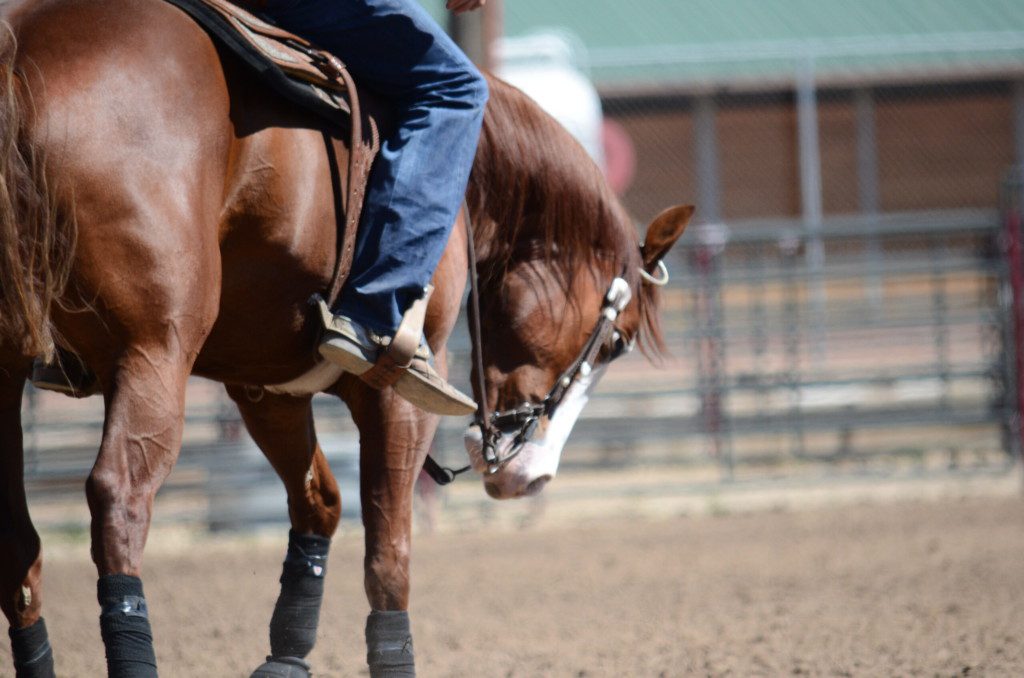
- Serpentines – teaching hip to change direction before the shoulder does
- Reverse Arch – controlling the outside shoulder making it lead the direction of the horse
- Diagonals – alternating which shoulder leads, understanding how to use the diagonal to start the lead change
- Gear Work – teaching horse to hold gears. Teaches horse to control emotions
1. Walk
2. Trot
3. Lope
4. Fast lope
5. Run
6. Full Speed
Week 3: Lead Changes Made Easy
Week 3 focuses on Leads and Lead Departures in preparation for working Lead Changes.
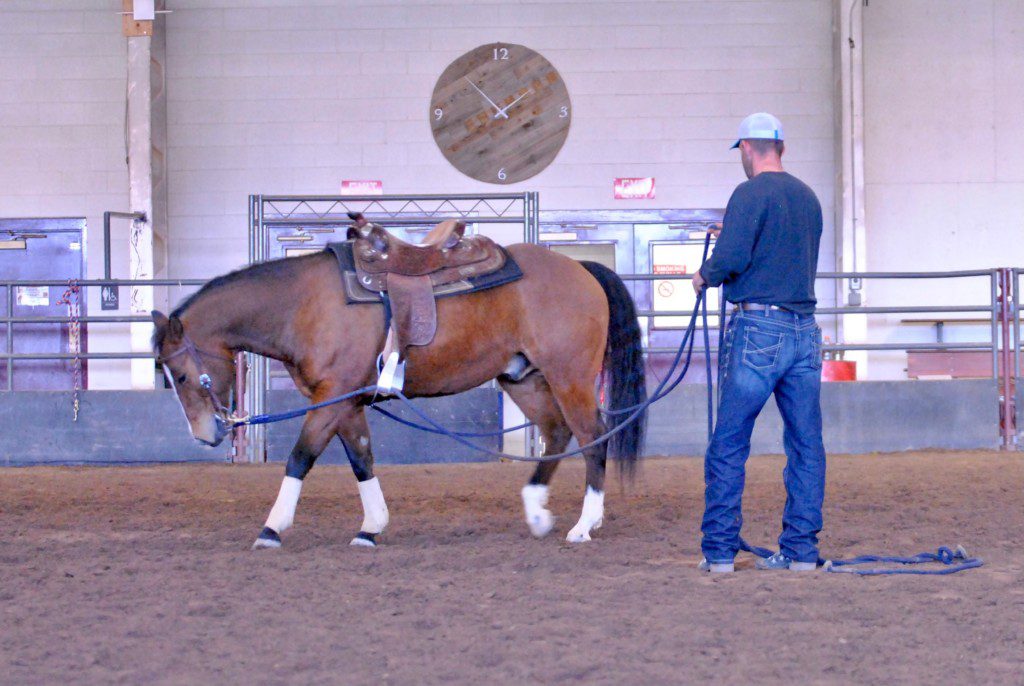
- Lead Departures – controlled departures through all gaits
- Hindquarter Control – using the hip to drive under himself for impulsion – move the hip to the inside to slow down for speed control
- Leg Work – Riders legs and importance
1. Two legs for a longer stride or to lengthen stride
2. One leg for gait change and its importance - Flying Lead Changes Made Simple – understanding the counter canter and its role in the lead change
- Serpentine Work – directional work at the lope, teaching the counter canter
Week 4: Building the Confident Stopper
The final week of the L2 horse training school, students will focus on Spins, Stops, and Rollbacks.
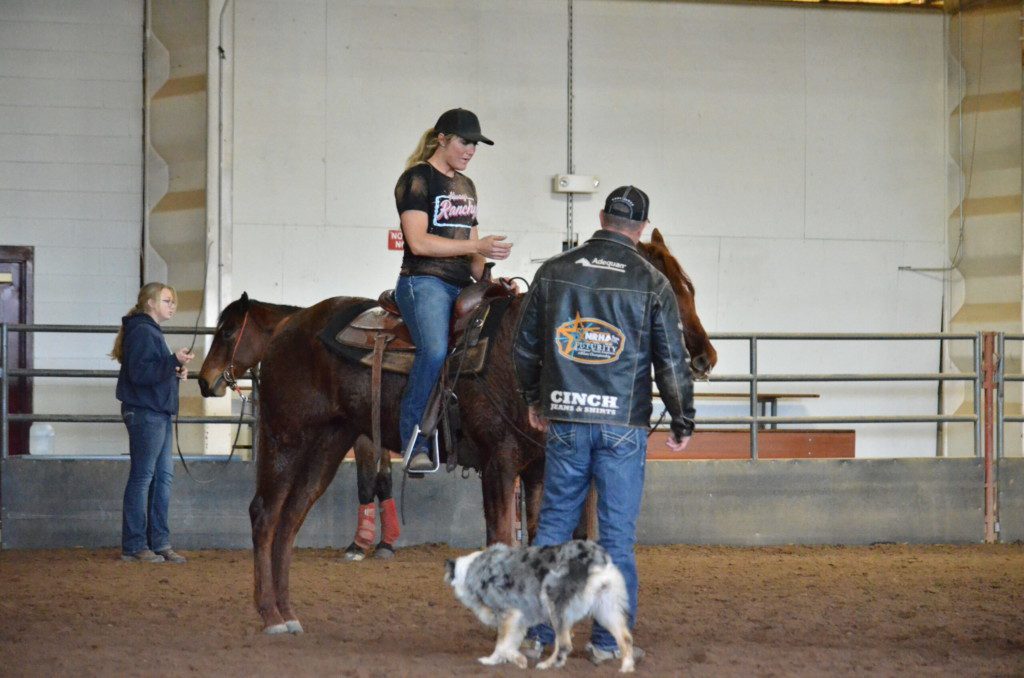
- Line Work – teaching straightness and its importance to the stop
- Locking the horse onto a line – starting the fence work
- Stops and the three parts – how to improve each separately, then pull them all together
1. Rein
2. Seat
3. Verbal Que - Hunting the stop / making the stop a reward and the release
- Spins / Draw work with the Reins
1. Setting the hip
2. Shorten the step
3. Cadence in the turn
4. Building the shut off you need in the turn - Rollbacks – how to set the horse up for success (start with the eyes then set them with the hand)
Show Pen Application
A. Pattern Work – applying what was learned and put everything into the show environment
B. Bridling horse up one-handed – teaching the horse to understand straight and follow my hand
C. Bit Work- knowing bits and how they work (understanding the right tool for the job)
Required Equipment
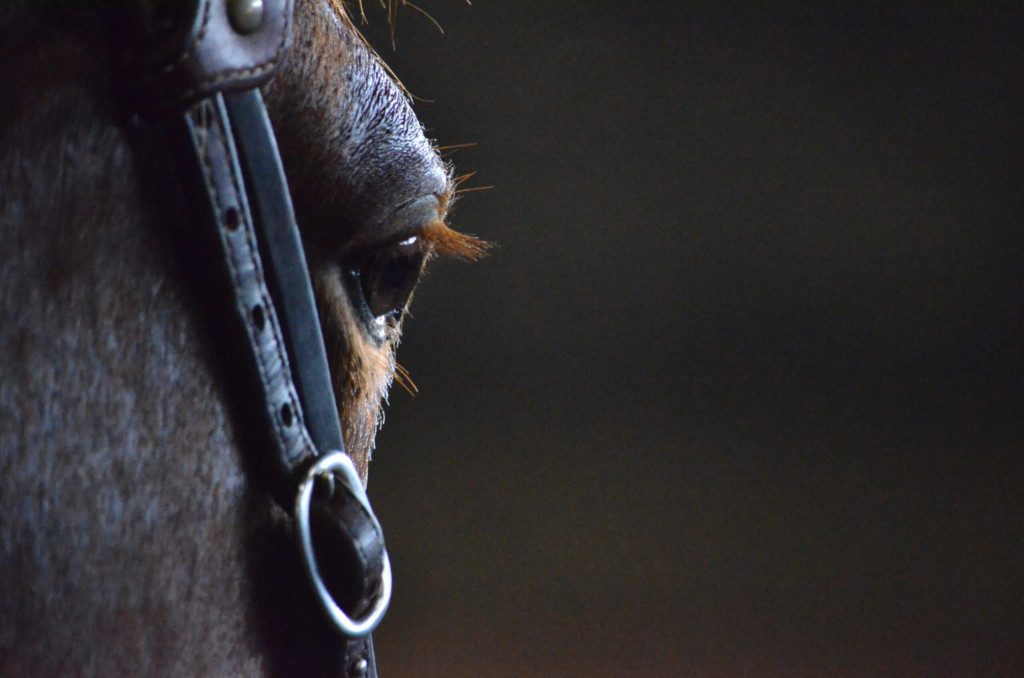
Student must bring:
- 2 horses
- Halters and lead ropes
- Lunge Whip
- Dressage Whip
- Protective boots or wraps for horses legs
(we recommend Pegasus) - Saddle in good repair and working order
(discipline is not pertinent) - Saddle Pad
- Manure fork/bucket
Required to be Purchased:
